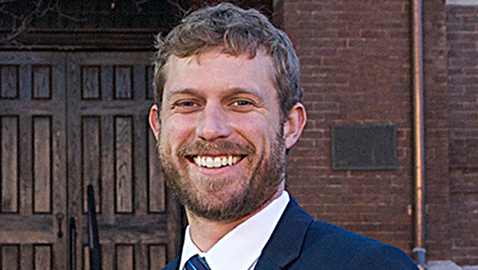By Jedidiah McKeehan
A normal part of divorce cases is dividing up the husband and wife’s assets and debts. While the law says the parties’ marital assets are to be “equitably” divided, most judges interpret the word equitable to mean “equal.” Effectively, that means that the assets and debts accrued during the marriage are totaled up and divided straight down the middle.
It is easier to say this than to carry it out. It can mean selling a house, it can mean dividing up vehicles with loans against them, it can mean deciding who is going to pay credit card debts.
One issue we have to instruct people about is when both the husband and wife are both in debt for a vehicle. When we have that situation, the preference is for both the husband and wife to refinance the vehicles to take the other person’s name off of that debt. However, some people are not in a financial position to do such. When that occurs, the best we can do is put something in the divorce documents like, “wife shall be responsible for all of the debts related to the vehicle and shall insure husband has no liability for those debts.”
When this occurs, we have to tell our clients about Tennessee law section 36-4-134 which is titled, “Notice that the decree does not necessarily affect the ability of a creditor to proceed against a party or a party’s property.” That means that even though the divorce documents may say a wife is responsible for a debt, the creditor can come after whoever they want if she fails to make a payment.
So in our scenario, if a wife does not pay a bill, and the creditor comes after the husband, what is the husband to do? The only recourse they have is to go to the divorce court and request that the court force the wife to pay the debt, pay the husband his attorney’s fees incurred in enforcing the divorce agreement, and potentially order some other remedy (like making wife sell the car).
What’s the lesson here? If you are going through a divorce, do everything you can do to get your name off debts the other person is responsible for paying. If you do not, they may pay their debts, but if they do not, it becomes a huge headache.
Jedidiah McKeehan is an attorney practicing in Knox County and surrounding counties. He works in many areas, including divorce, custody, criminal, and personal injury. Visit attorney-knoxville.com for more information about this legal issue and other legal issues.







